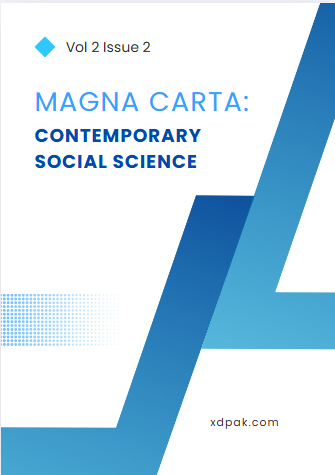Assessing University Students' Preparedness for Online Learning Amidst the COVID-19 Pandemic: Insights from Punjab, Pakistan
Keywords:
Remote Education, Non-Resource Users, Technical and Academic SkillsAbstract
The objective of this study is to evaluate the preparedness of university students in Punjab, Pakistan for the implementation of online classrooms in light of the Coronavirus pandemic. This investigation delves into the assessment of higher education students' readiness for online learning. It focuses on understanding the extent to which students are equipped to engage in remote education. Through a comprehensive evaluation, this study aims to identify factors that influence preparedness, such as technological proficiency and infrastructure support. The research employs quantitative methods, utilizing surveys or questionnaires to gather insights into students' perceptions and abilities regarding online learning. Results indicated initial readiness in technical and academic skills, albeit with noted deficiencies in interest, remote education readiness, and time management. Following the course, improvements emerged, although challenges persisted in motivation, distance learning inclination, and time management. Comparative analysis among non-resource users revealed similar readiness trends. Statistical tests unveiled associations between training, self-directed learning, and preparedness, underscoring their impact on online education. The research emphasizes effective time management strategies, self-directed learning enhancements, and teacher training to optimize online education experiences. Insights gleaned provide actionable recommendations for institutions to enhance students' preparedness and improve online learning in higher education.


